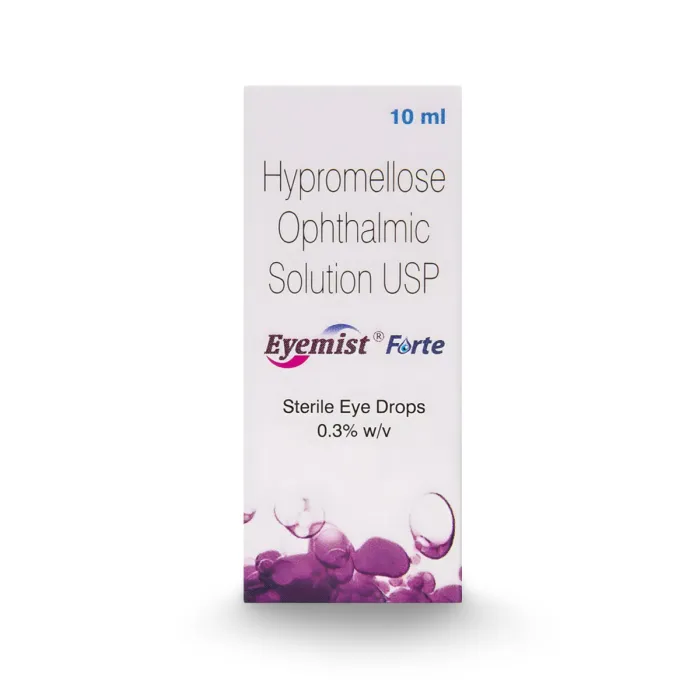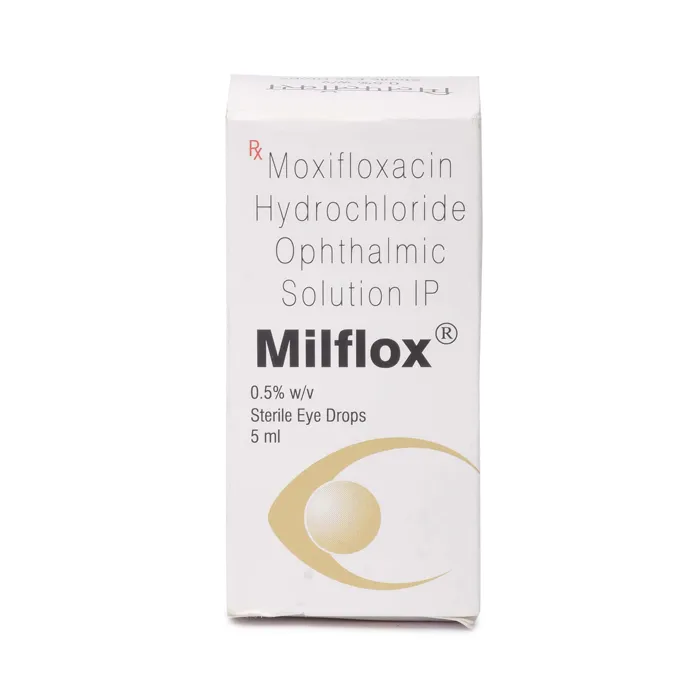Pink eye or Conjunctivitis is the inflammation of the transparent membrane that lines the eyeball and eyelid. The name of this transparent membrane is conjunctiva.
When the blood vessels in the conjunctiva are irritated or swollen, they become more visible. This causes the white area of the eye to appear pink.
Pink eye does not generally cause vision problems, but it can cause discomfort and irritation. Pink eye treatment can help ease this discomfort caused by Conjunctivitis.
Additionally, Conjunctivitis can be contagious, making it even more important to seek treatment as soon as possible to limit the spread.
This article will explore different treatment options for the pink eye. We will also discuss some home remedies to treat pink eye.
Pink Eye Treatment
Treatment of pink eye depends on the cause of the condition. The causes of pink eye may include bacteria, allergens, viruses, and Sexually Transmitted Infections (STIs).
Pink eye is one of the most common eye infections in adults and children. Healthcare providers in the United States see approximately 6 million cases of Conjunctivitis in a year.
Medical professionals typically prescribe eye drops, antibiotics, antihistamines, or antiviral medications, depending on the cause of pink eye.
Let us discuss the various treatments for different types of pink eye in detail.
Want to know how antibiotics help with pink eye? To learn more about the treatment of bacterial pink eye, read Understanding Pink Eye Antibiotics: Treatment Options and Guidelines.
Save up to 90% on your medicine bills

Eyemist Forte 10 ml

Milflox 0.5% 5 ml

Restasis 0.05% Ophthalmic Emulsion

Pred Forte 10 ml
Viral Pink Eye Treatment
Most cases of viral pink eye have mild symptoms and do not require treatment.
Viral Conjunctivitis clears up on its own within 1-2 weeks and does not have any long-term adverse effects.
More serious forms of viral Conjunctivitis, such as those caused by Adenovirus or herpes simplex virus, may need treatment.
Antibiotics are ineffective in treating viral pink eye caused by Adenovirus. Artificial tears, such as Eco Tears, which lubricate the eye surface, may help relieve symptoms.
It is essential to seek personalized medical advice for the treatment of viral Conjunctivitis.
Are you wondering about the common symptoms of viral pink eye you need to consider? To learn, read Understanding Viral Pink Eye Symptoms: A Comprehensive Guide.
Bacterial Pink Eye Treatment

Healthcare providers generally prescribe antibiotics to treat pink eye caused by bacteria. Antibiotics are available in the form of ointments, pills, and eye drops.
Most cases of Conjunctivitis in children are bacterial. They are prescribed ophthalmic antibiotics, i.e., eye drops such as Sulphacetamide.
In most cases, the bacterial pink eye does not require treatment and goes away within one week.
However, you may need medical treatment if the pink eye persists for a longer period or is caused by the use of contact lenses.
Do you want to know about the natural remedies to manage the symptoms of bacterial pink eye? To gain more information, read How to Treat Bacterial Pink Eye Naturally at Home?
Treating Pink Eye Caused by Allergens
Typically, removing the allergen that is causing pink eye from the person’s environment can help.
Allergy medications such as antihistamines can also help relieve allergic pink eye symptoms. Antihistamines in the form of eye drops such as Ocurest are especially effective in treating Conjunctivitis.
Unlike other kinds of Conjunctivitis, allergic Conjunctivitis is not contagious. This means it does not spread through contact with someone with pink eye caused by allergens.
However, in severe cases, allergic Conjunctivitis can progress into infective Conjunctivitis and spread to other body parts.
If you want to explore more about the contagiousness of pink eye, read Understanding the Transmission of Pink Eye: How Does Pink Eye Spread?
Pink Eye Treatment at Home
 Source: tirc83_from_Getty_Images
Source: tirc83_from_Getty_ImagesWhile medical treatment of pink eye is necessary, some people may look for home remedies that can ease pink eye symptoms.
Home remedies to treat pink eye can include:
- Maintain good hygiene by washing your hands regularly and avoiding touching your eyes
- Using a warm compress on closed eyelids can help relieve discomfort caused by pink eye
- Staying away from smoke, dust, and allergens that can cause pink eye may help
- The use of artificial tears can lubricate eyes and avoid irritation
- Only use properly cleaned contact lenses or switch to glasses to relieve pink eye
You should note that these home remedies can only complement the medical treatment. They cannot replace medical treatment for pink eye.
Want more insights on effective home remedies for pink eye? To get in-depth information, read 5 Must Try Pink Eye Home Remedies.
Conclusion
Inflammation of the transparent membrane of the eye called conjunctiva can cause pink eye or Conjunctivitis.
The pink eye is usually not a serious eye problem and clears up on its own. But it can cause discomfort and irritation.
Also, it is contagious, i.e., it can spread through direct or indirect contact with infected eye fluids.
This makes it crucial to seek pink eye treatment as soon as possible to limit the spread.
The treatment of pink eye depends on the cause of the infection. If pink eye is caused by bacteria, antibiotic medications and eye drops can help.
On the other hand, antibiotics may not work for some cases of viral pink eye. Using artificial tears to lubricate the eyes can relieve pink eye symptoms caused by a virus.
When pink eye occurs in reaction to an allergic substance, removing that allergen can help. Antihistamine eye drops such as Ocurest are known to relieve symptoms of allergic pink eye effectively.
Home remedies such as maintaining good hygiene and using a warm compress might complement pink eye treatment.
But you should note that home remedies cannot replace medical treatments. It is essential to consult an eyecare specialist if you have pink eye symptoms.

Frequently Asked Questions
Can I use over-the-counter eye drops for pink eye treatment?
Yes, over-the-counter lubricating eye drops can help alleviate symptoms, especially in cases of viral or allergic Conjunctivitis.
However, using over-the-counter medications for pink eye is not advisable as they pose a higher risk of side effects.
See our Recommendations
Can pink eye affect both eyes simultaneously?
Yes, pink eye can affect one or both eyes. The extent and severity of the infection may vary between eyes.
See our Recommendations
Can I wear contact lenses if I have pink eye?
Yes, you can wear contact lenses if you have pink eye but it is not recommended to wear them. They can worsen the irritation and slow down the healing process.
It’s best to switch to glasses temporarily.
See our Recommendations
Is pink eye contagious?
Yes, pink eye can be highly contagious, especially the ones caused due to virus and bacteria. Practice caution and good hygiene to prevent transmission.
See our Recommendations
How can I prevent pink eye from spreading to others?
Frequent handwashing, avoiding eye touching, and not sharing personal items like towels can help prevent the spread of pink eye.
See our Recommendations
Cheap Medicine Shop only refers to credible, authoritative sources for our content. If you’re curious about how we ensure the integrity of our content, we encourage you to read our Content Information Policy.














